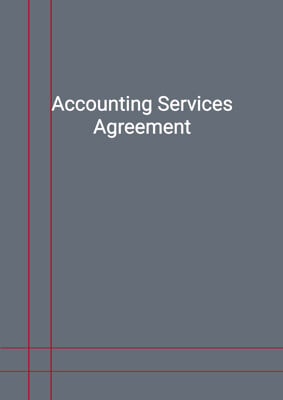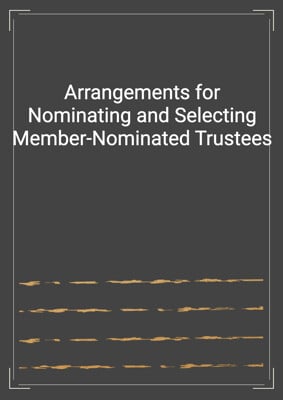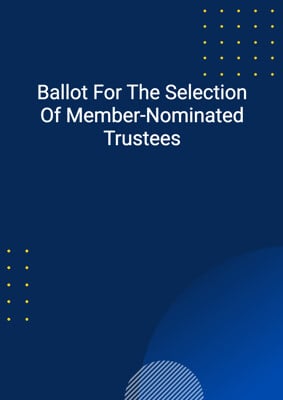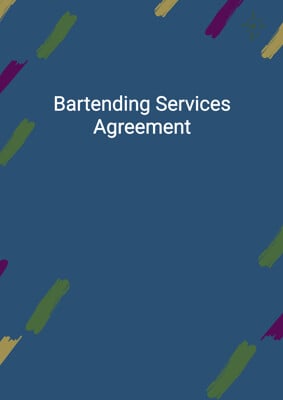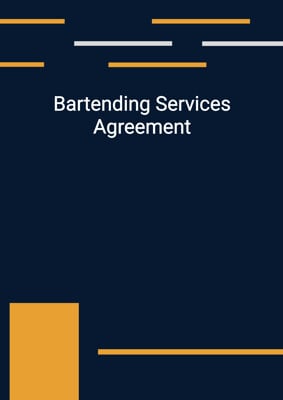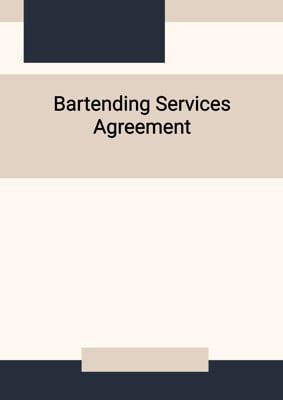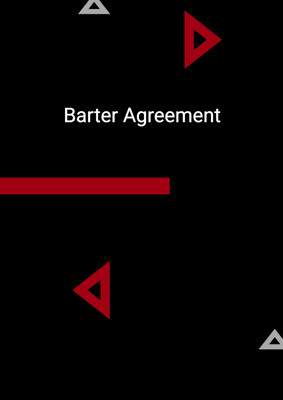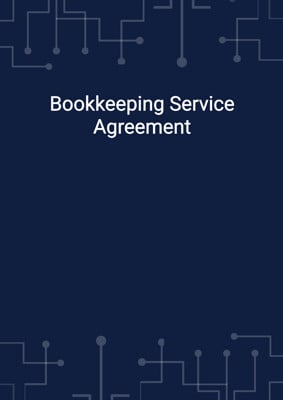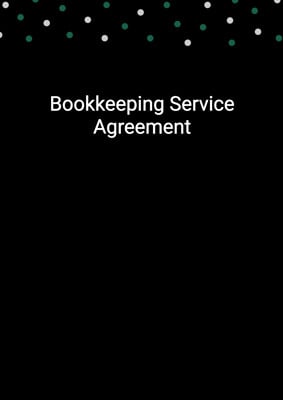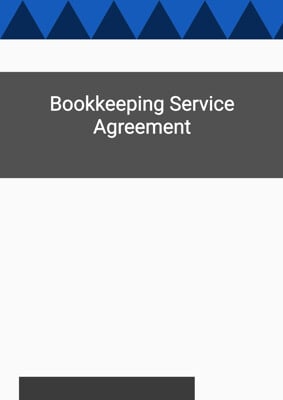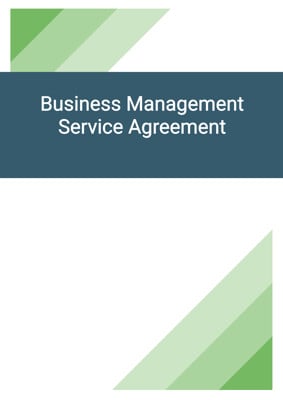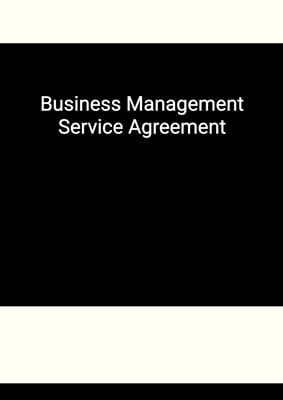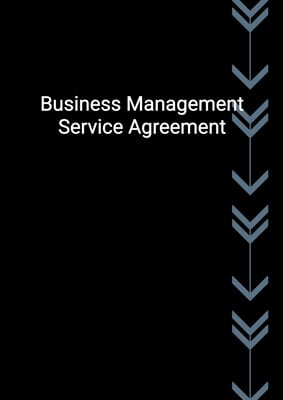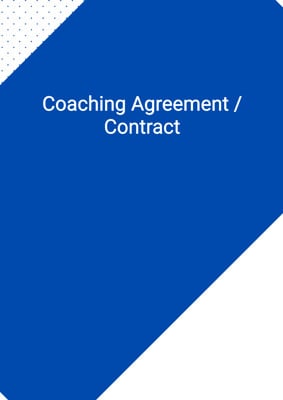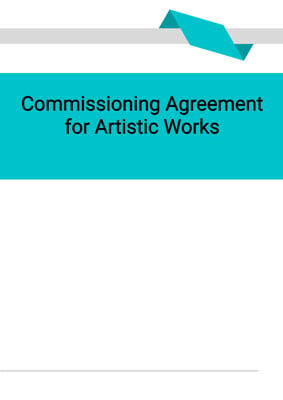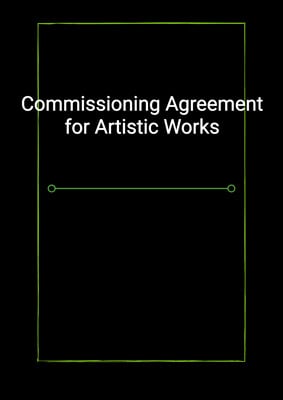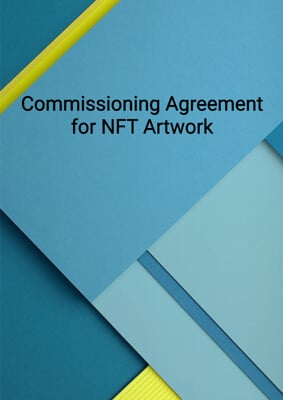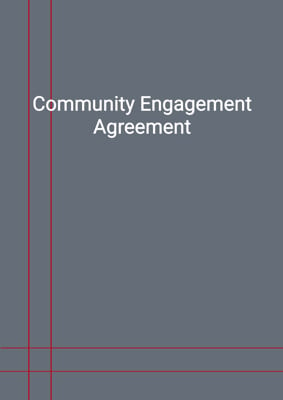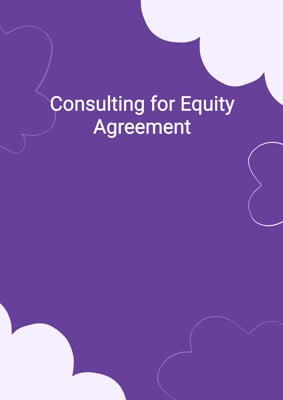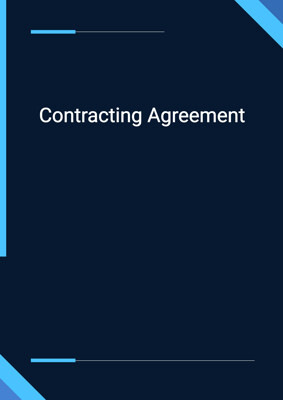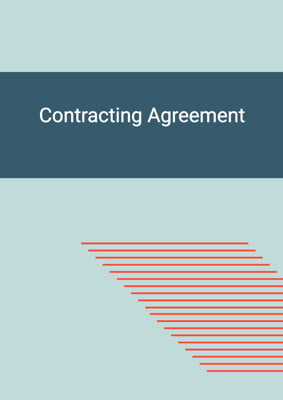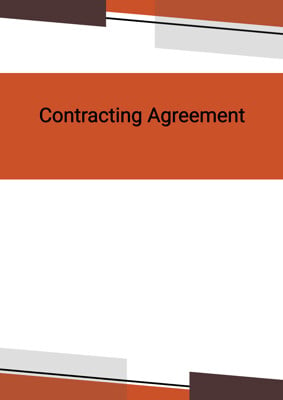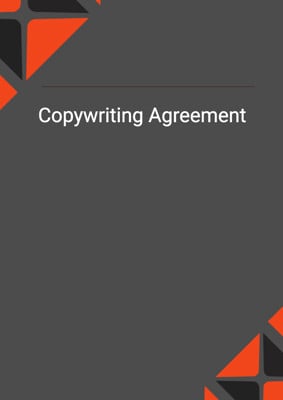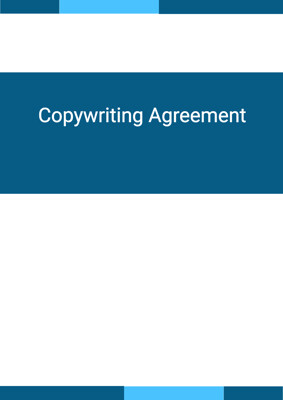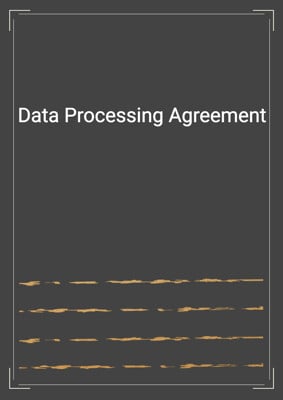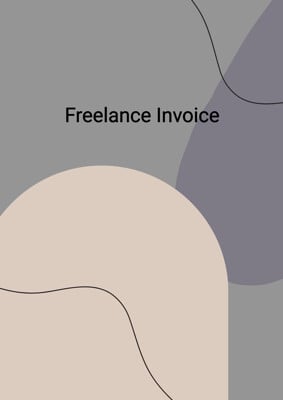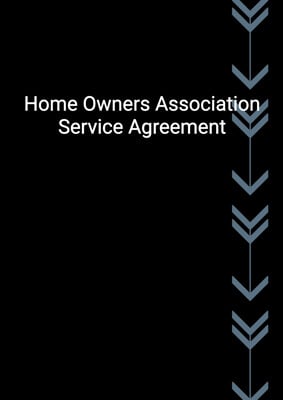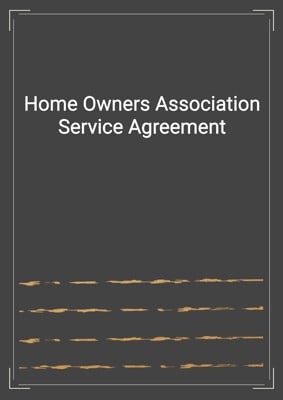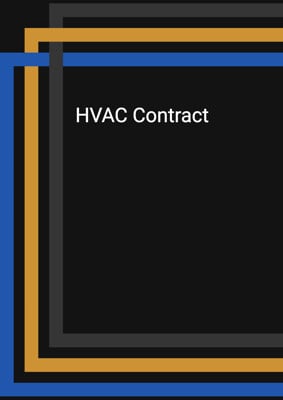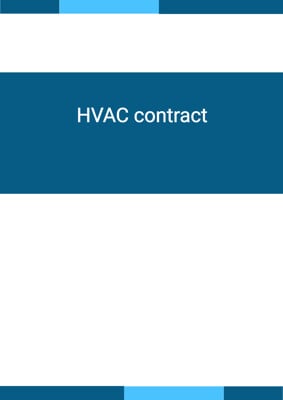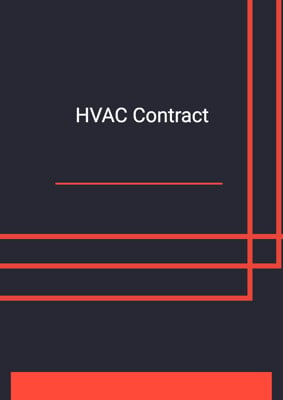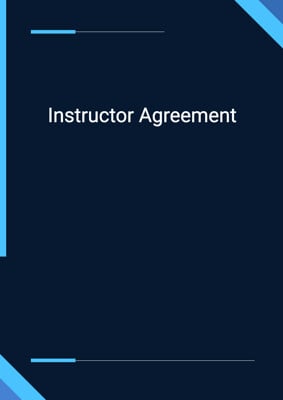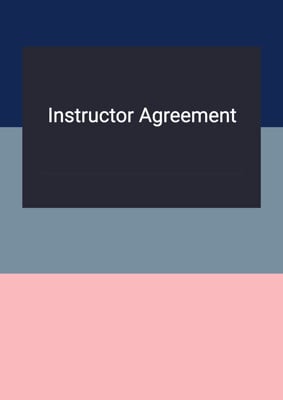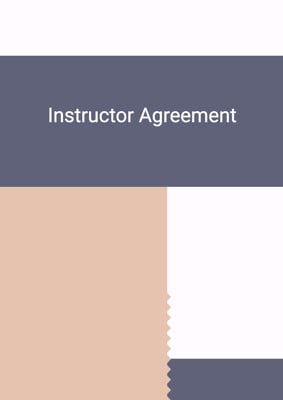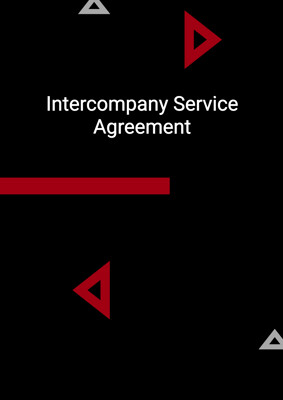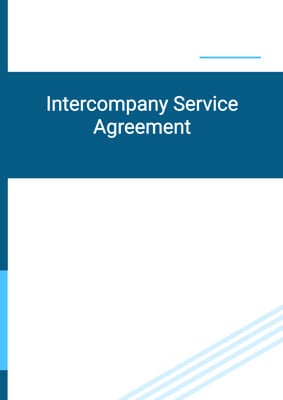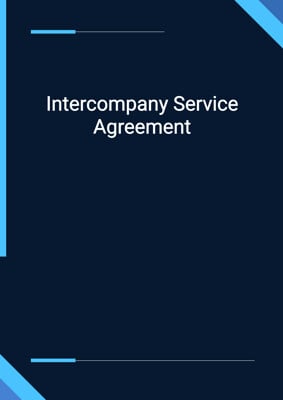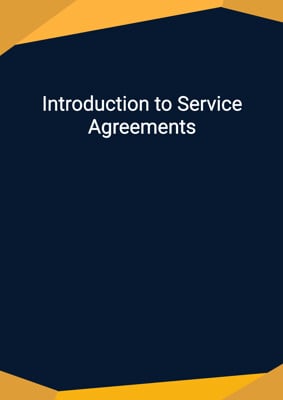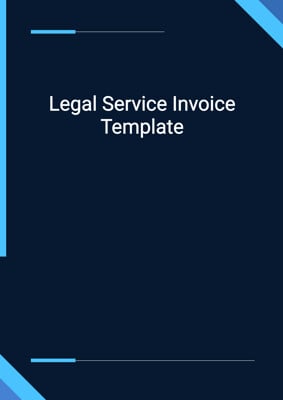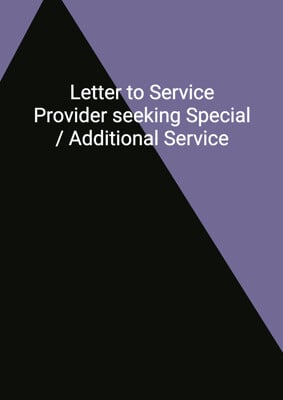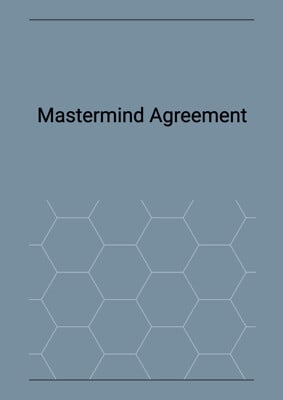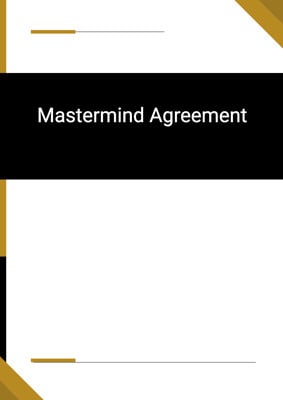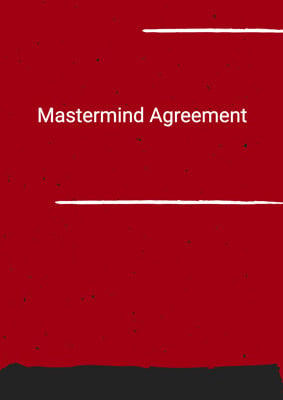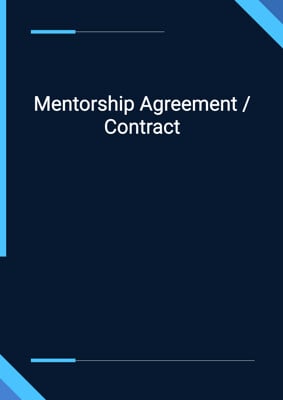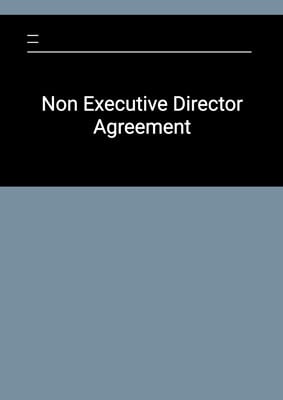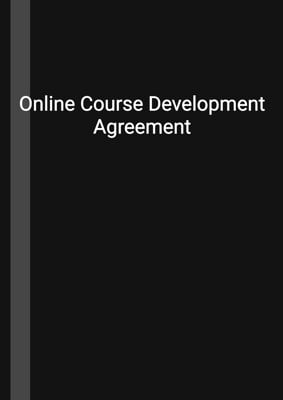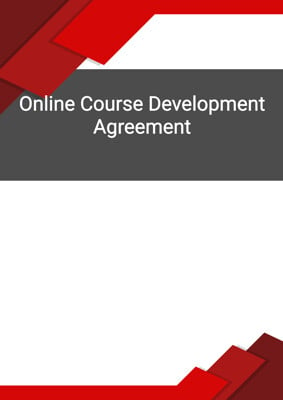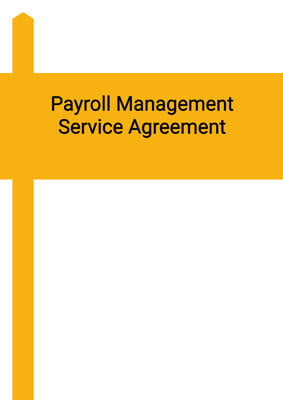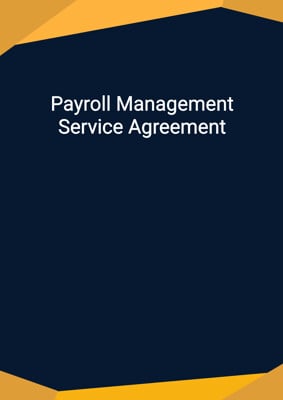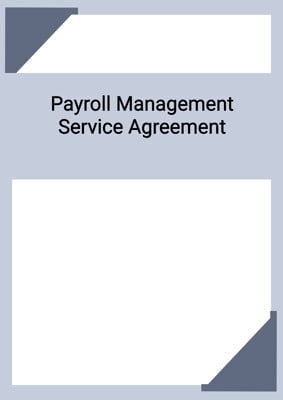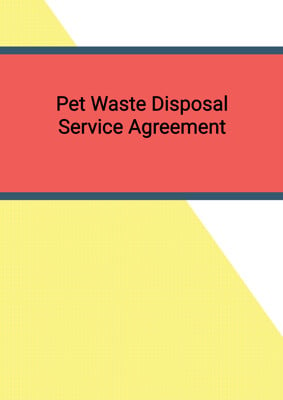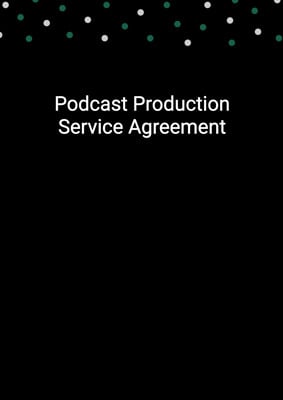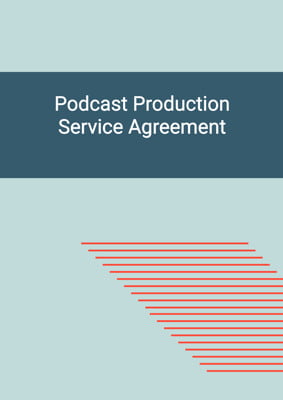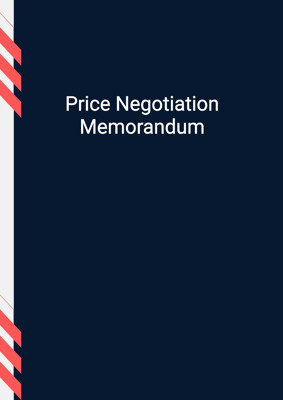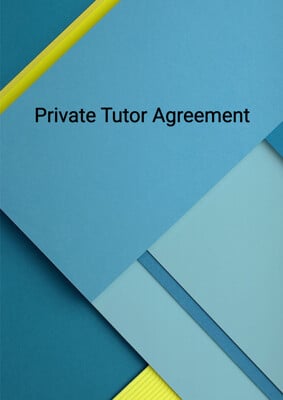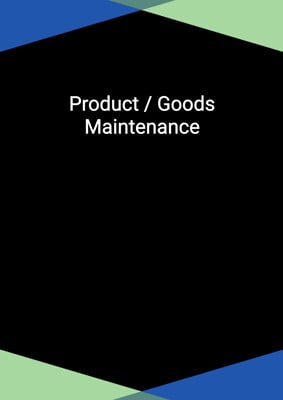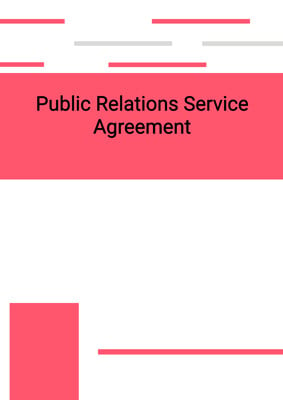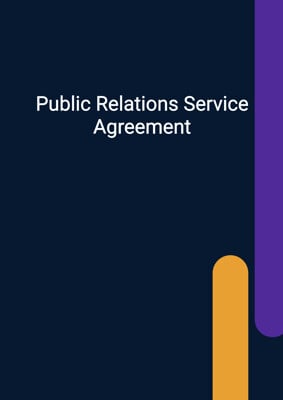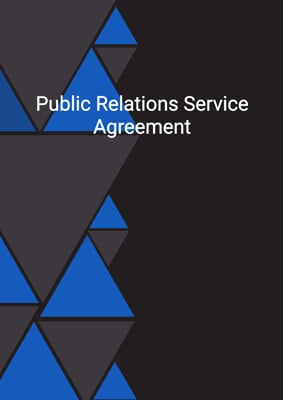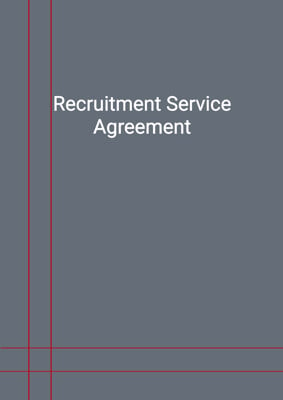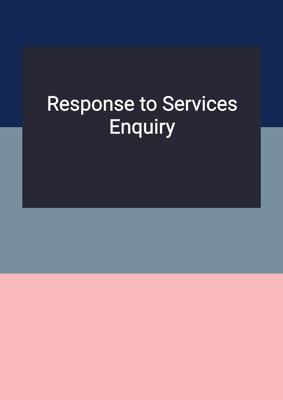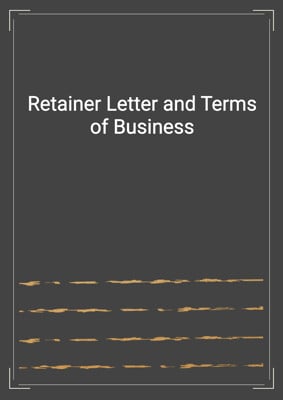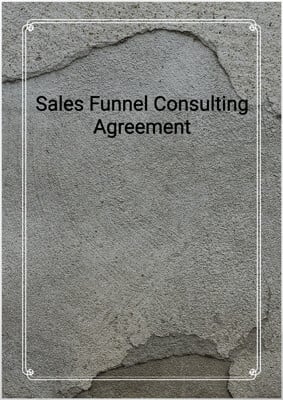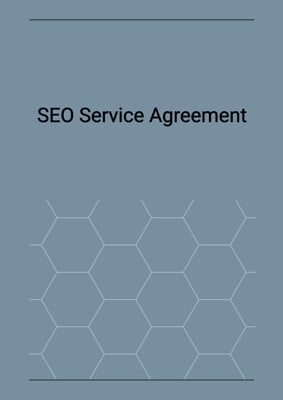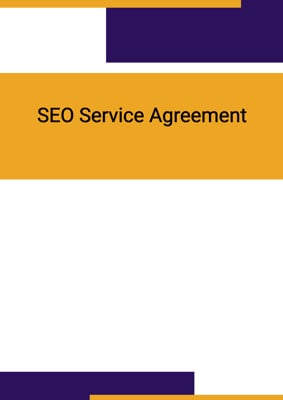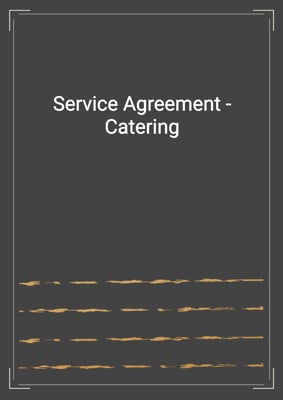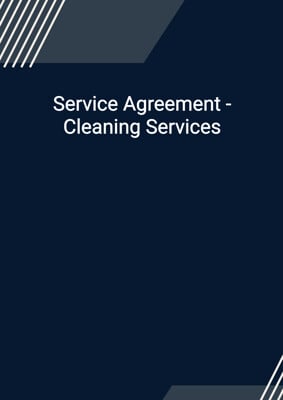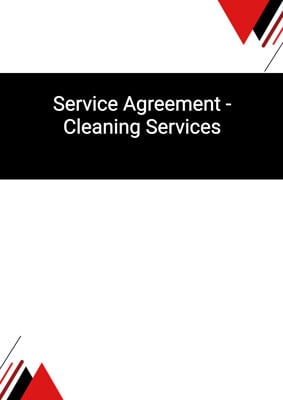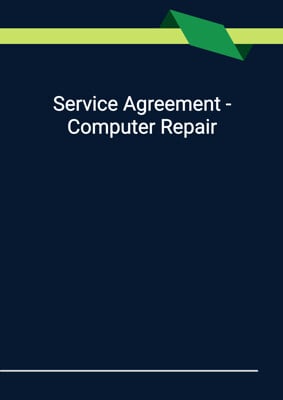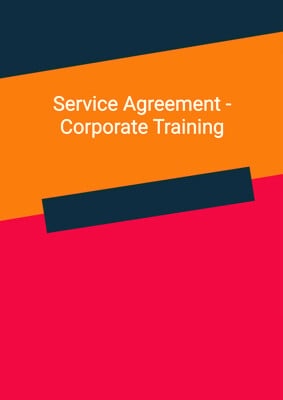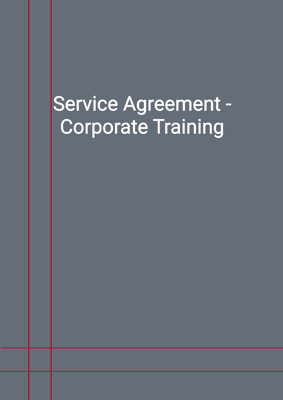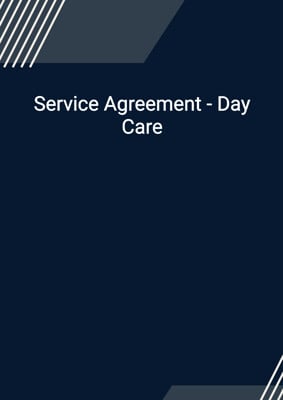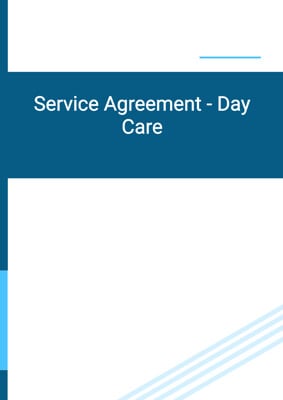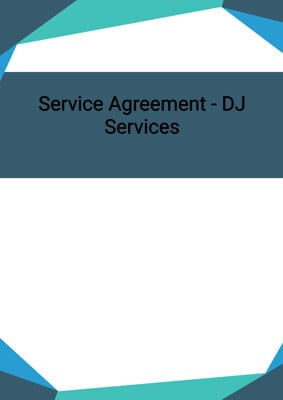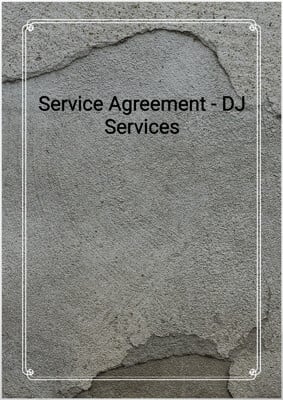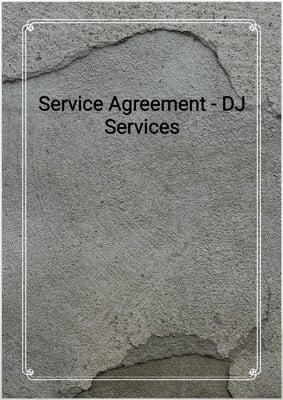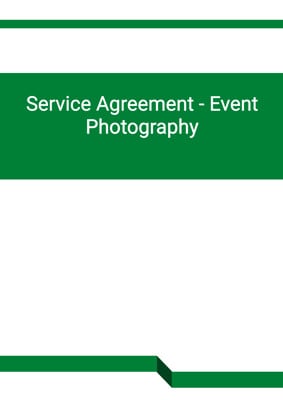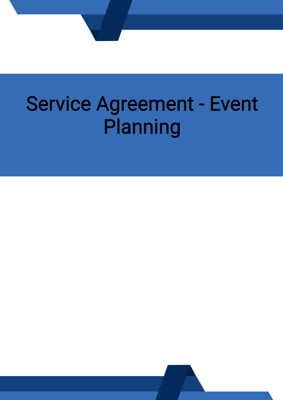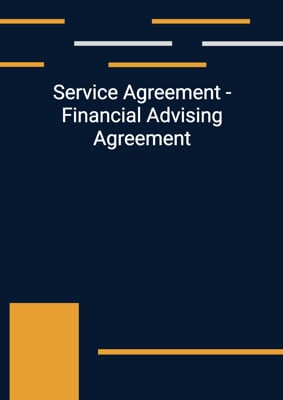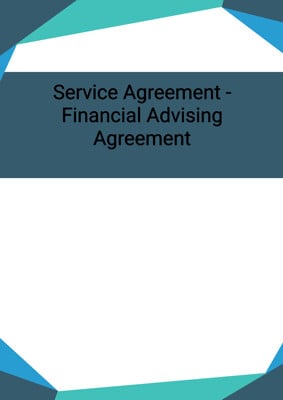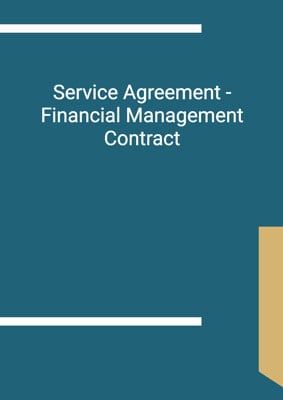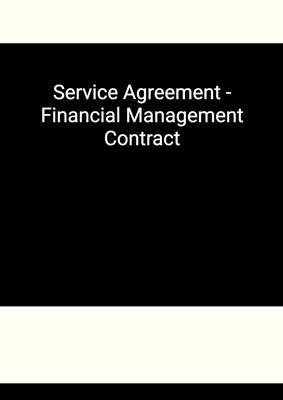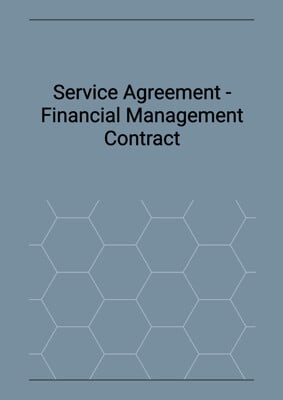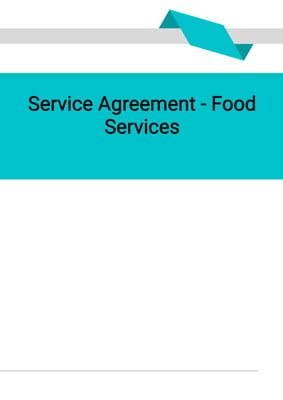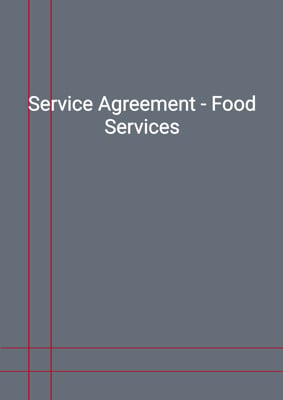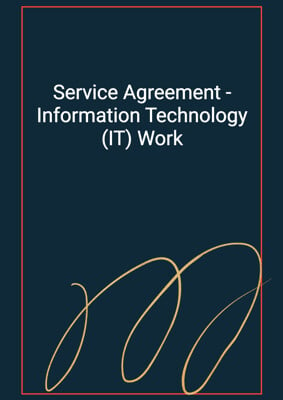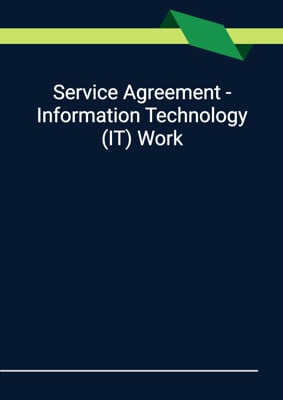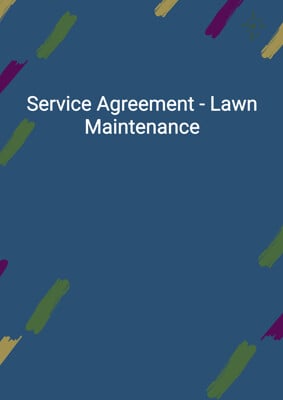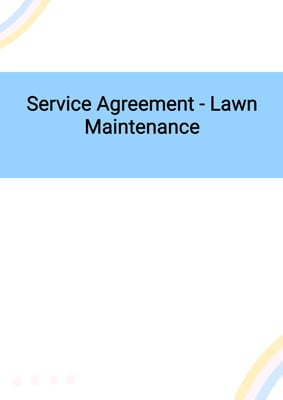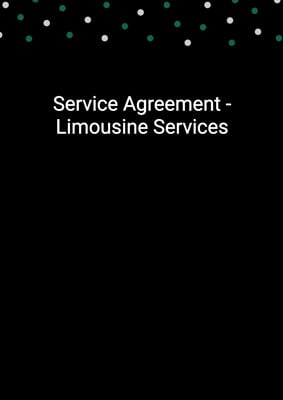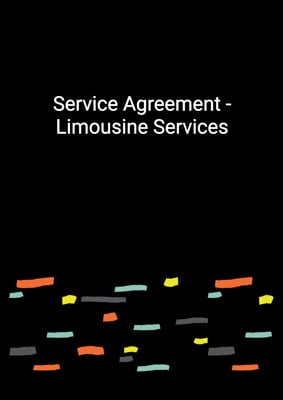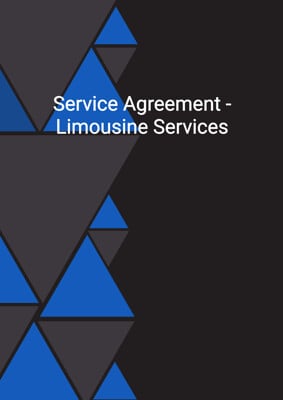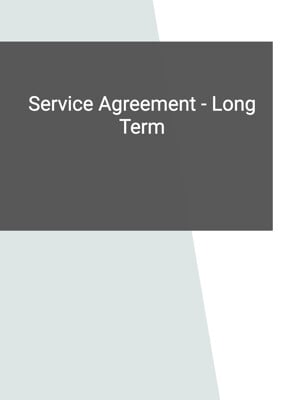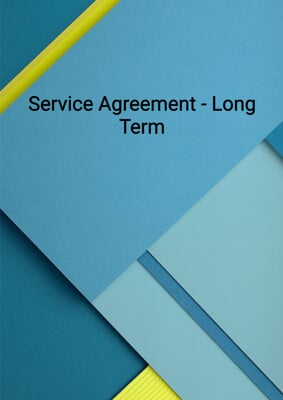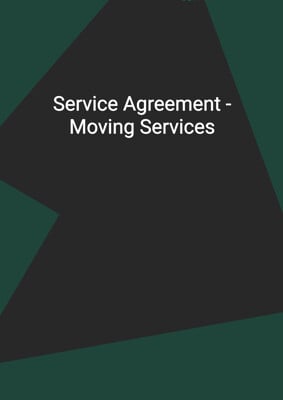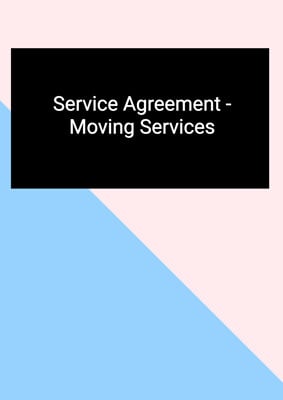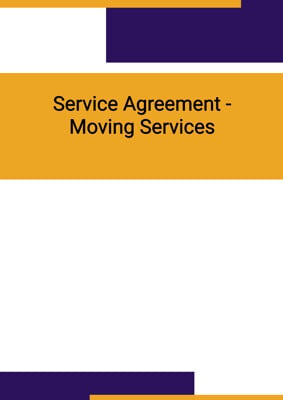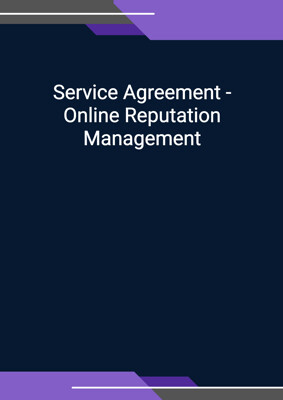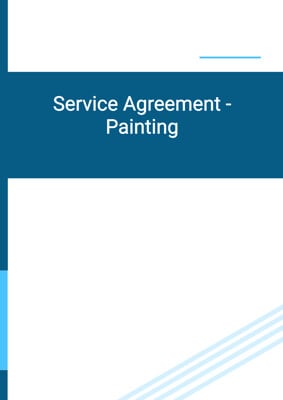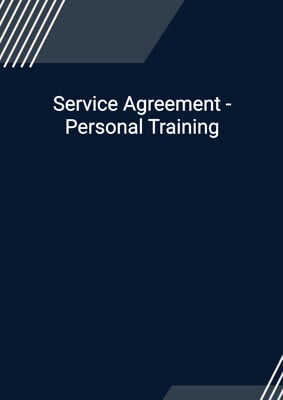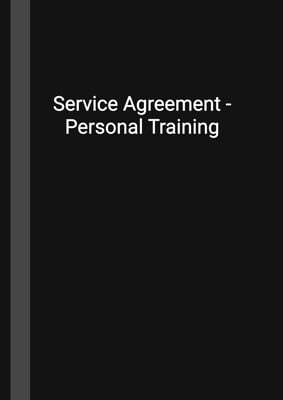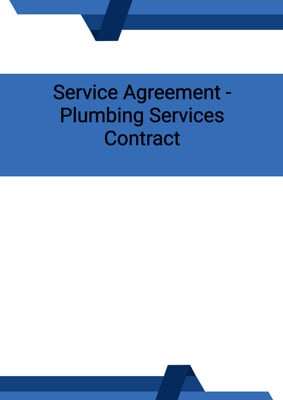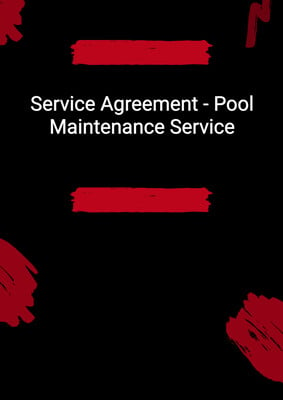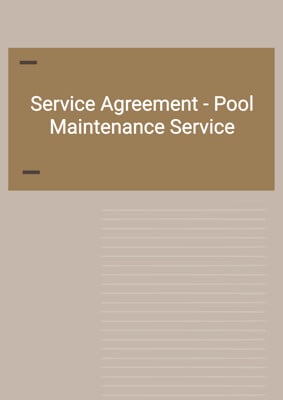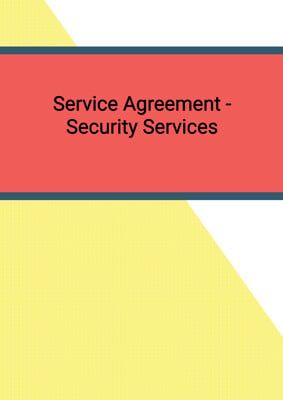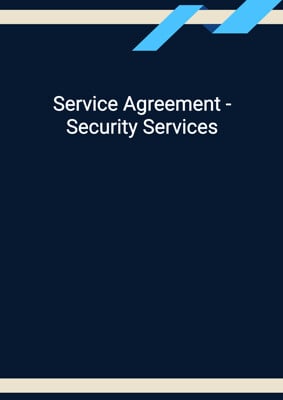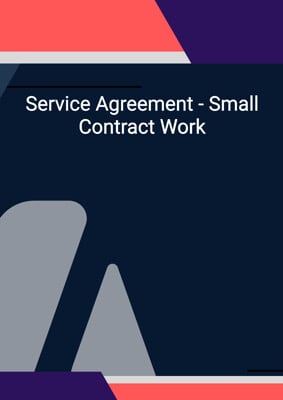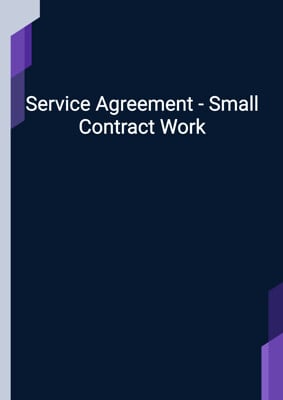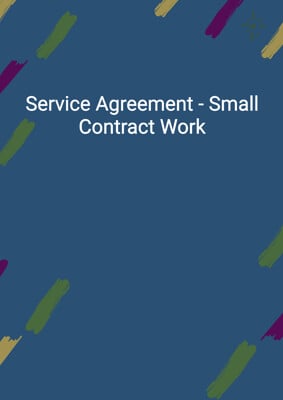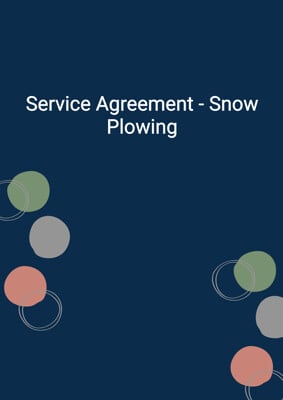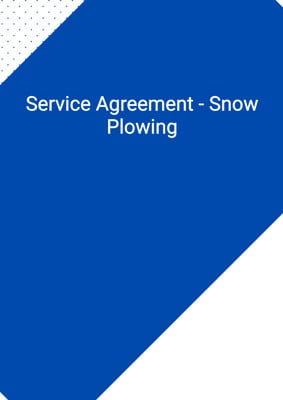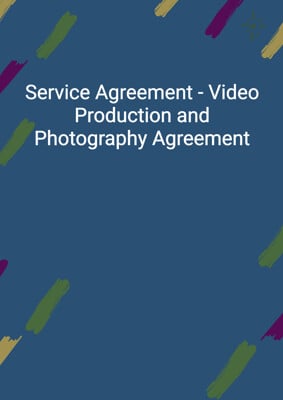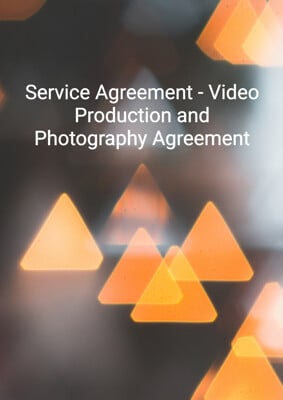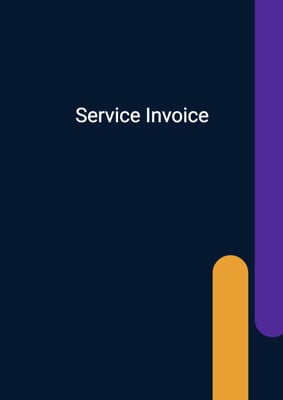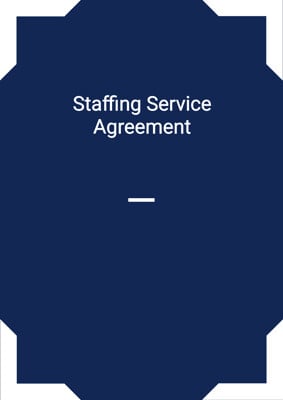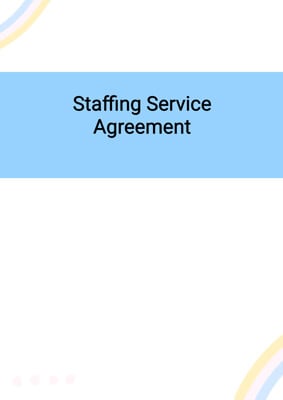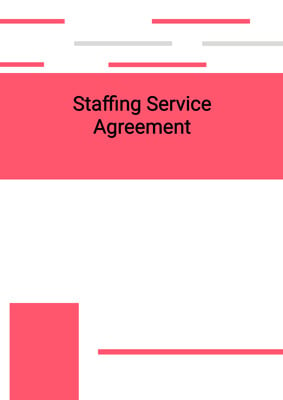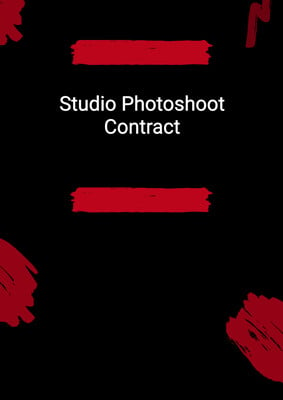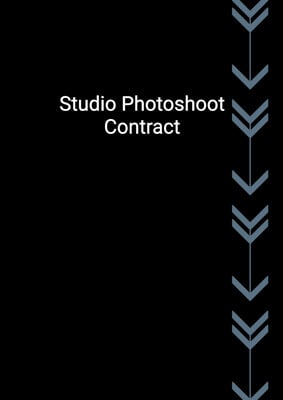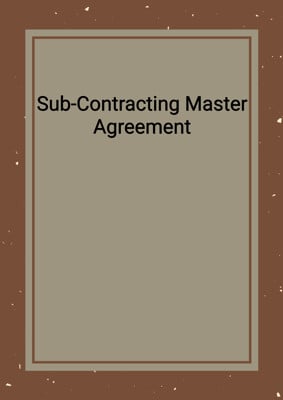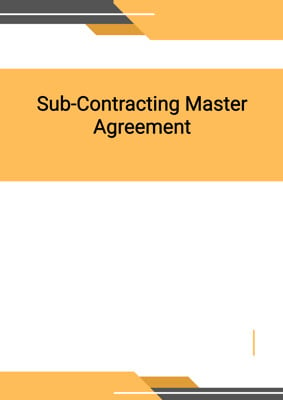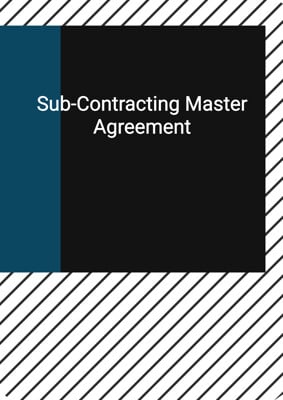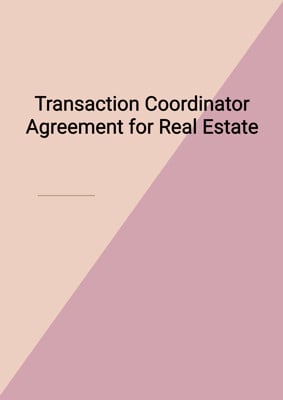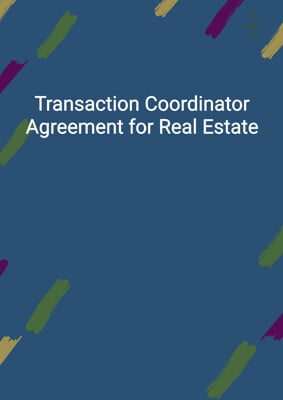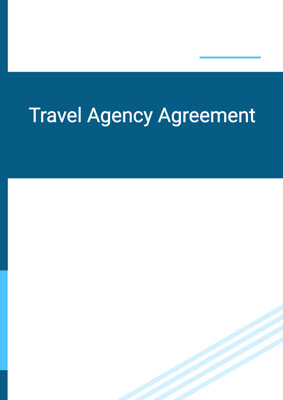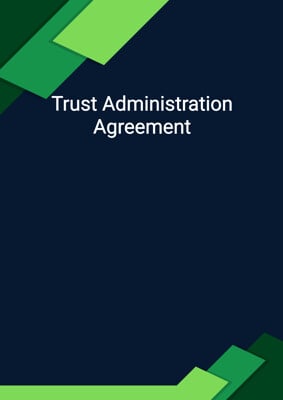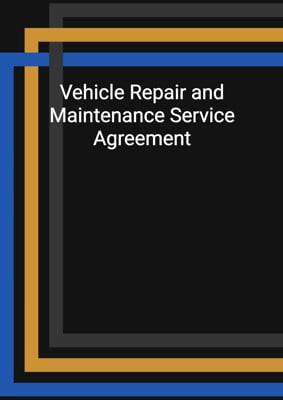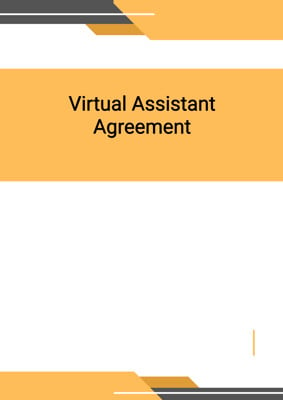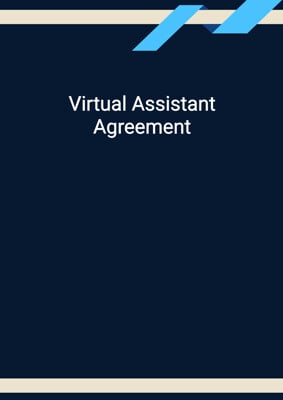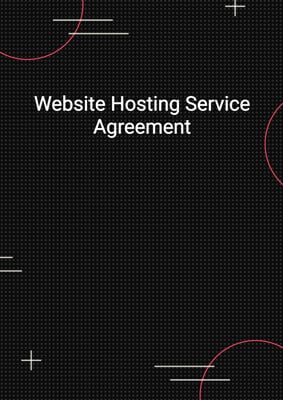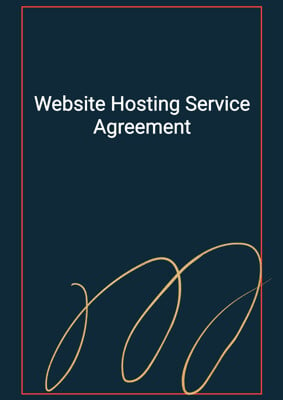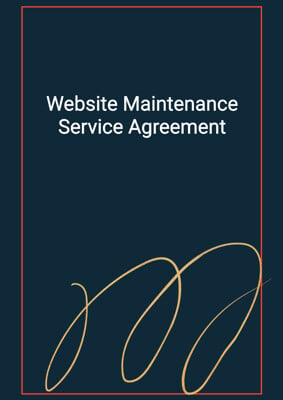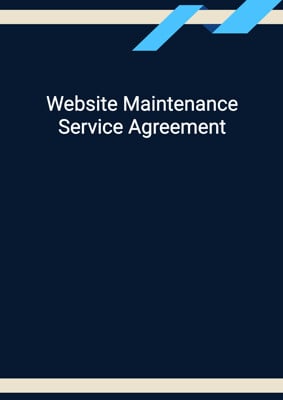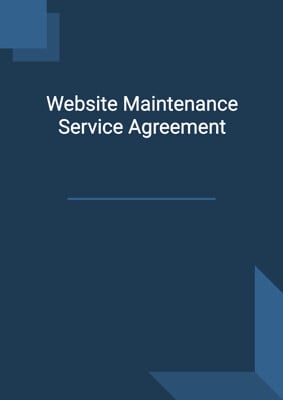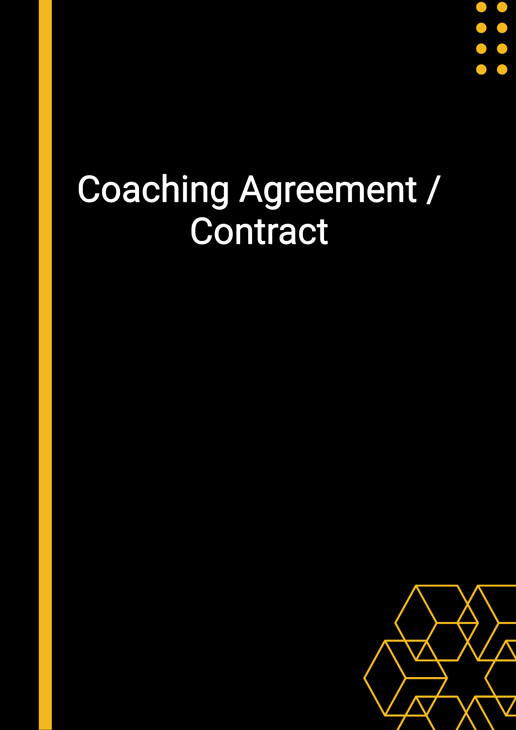
Coaching Agreement / Contract
Neutral
This is a Coaching Agreement / Contract suitable for career, life, wellness, executive, sport or other personal coaching services. Under this agreement, a coach was to provide coaching services for a Client for an Agreed Price. This agreement is drafted in Neutral form.
How to Tailor the Document for Your Need?
01
Create Document
Fill in the details of the parties. You can click the "Fill with Member’s Information" button to complete it with information saved to your account.
02
Fill Information
Please fill in any additional information by following the step-by-step guide on the left hand side of the preview document and click the "Next" button.
03
Get Document
When you are done, click the "Get Document" button and you can download the document in Word or PDF format.
04
Review Document
Please get all parties to review the document carefully and make any final modifications to ensure that the details are correct before signing the document.
Document Preview
Document Description
The Coaching Agreement/Contract is a legal document that outlines the terms and conditions between the Coach and the Client for the provision of coaching services. This document is important as it establishes the rights and obligations of both parties, ensuring a clear understanding of the expectations and responsibilities.
The entire document is divided into multiple sections, each addressing specific aspects of the coaching agreement. The first section, titled 'Interpretation,' provides definitions for key terms used throughout the agreement. This ensures clarity and consistency in understanding.
The second section, 'Coach's Obligations,' outlines the responsibilities of the Coach. It states that the Coach will make best efforts to provide the services in accordance with the agreement and uphold the standards of behavior and ethics defined by the International Coach Federation (ICF).
The third section, 'Completion of the Work,' emphasizes the importance of timely completion of the services. It states that time is of the essence and sets a completion date. If there are any delays, the Client may grant an extension based on fair and reasonable grounds.
The fourth section, 'Service Fees,' specifies the payment terms. It states the service fee, invoicing process, payment due date, and late payment charges. It also addresses expenses incurred by the Coach and the reimbursement process.
The fifth section, 'Liabilities,' highlights the responsibilities of both parties in reporting and rectifying any issues in the provision of services. It also limits the liability of both parties for indirect or consequential losses.
The sixth section, 'Term and Termination,' defines the duration of the agreement and the conditions for termination by either party. It also addresses the consequences of termination, including outstanding balances.
The seventh section, 'Ownership of Materials,' states that materials and goods provided by the Coach become the property of the Client.
The eighth section, 'Confidential Information,' emphasizes the confidentiality of the agreement and the obligation of both parties to keep the information confidential. It also provides exceptions to the confidentiality requirement.
The ninth section, 'Announcements/Publicity,' requires prior written approval for any announcements or disclosures related to the agreement.
The tenth section, 'Amendment,' states that any changes to the agreement must be in writing and signed by all parties.
The eleventh section, 'Assignment,' prohibits the assignment or subcontracting of the agreement without prior written consent.
The twelfth section, 'Severability,' addresses the invalidity or unenforceability of any provision and the negotiation of substitute provisions.
The thirteenth section, 'Further Assurance,' requires the parties to perform any further acts or execute additional documents necessary to implement the agreement.
The fourteenth section, 'Warranty of Capacity and Power,' represents the parties' authority and capacity to enter into and fulfill the obligations of the agreement.
The fifteenth section, 'Force Majeure,' exempts the parties from liability for failure or delay in performing obligations due to causes beyond their control.
The sixteenth section, 'No Rights Under Agreements for Third Parties,' clarifies that third parties have no right to enforce the terms of the agreement.
The seventeenth section, 'Arbitration and Proper Law,' encourages amicable resolution of disputes and specifies the jurisdiction for any legal proceedings.
The eighteenth section, 'Notices and Service,' provides guidelines for serving notices between the parties.
The nineteenth section, 'Counterparts,' allows the agreement to be executed in multiple counterparts.
The document also includes an optional annex, which outlines the schedule for coaching sessions, including the frequency and mode of communication.
Overall, the Coaching Agreement/Contract is a comprehensive document that covers all essential aspects of the coaching relationship, ensuring clarity, protection, and mutual understanding between the Coach and the Client.
How to use this document?
1. Enter the necessary information: Fill in the names and addresses of both parties, clearly identifying the Coach and the Client. This ensures proper identification and understanding.
2. Specify the type of coaching services: Clearly describe the type of coaching services to be provided by the Coach, including personalized programs and training packages. This helps both parties understand the scope of work and avoid misunderstandings.
3. Agree on completion date: Set a completion date for the services to be provided. If necessary, allow for extensions based on fair and reasonable grounds. This ensures clarity and accountability.
4. Determine service fees: Discuss and agree upon the service fee for the Coach's services. Establish an invoicing process and payment due date. Consider late payment charges to encourage timely payment.
5. Address expenses: Discuss any additional expenses that may be incurred by the Coach. Agree on the reimbursement process and obtain written consent for expenses exceeding a certain limit.
6. Report and rectify issues: Both parties should promptly report any issues in the provision of services. The Coach should make reasonable efforts to rectify any defaults or shortcomings.
7. Understand liabilities: Be aware of the limitations of liability for both parties. Report any issues to the Coach and allow them an opportunity to rectify the situation.
8. Termination: Understand the conditions for termination by either party. Ensure outstanding balances are settled within the specified timeframe.
9. Maintain confidentiality: Treat all information related to the agreement and services as confidential. Do not disclose any information without prior written approval, except as required by law.
10. Seek approval for announcements: Obtain written approval before making any announcements or disclosures related to the agreement.
11. Seek legal advice if necessary: If there are any concerns or uncertainties regarding the agreement, consult with a legal professional to ensure compliance and understanding.
12. Keep records: Maintain accurate records of all communications, invoices, and expenses related to the agreement. This helps in case of disputes or the need for reference in the future.
13. Review and amend if needed: Regularly review the agreement to ensure it remains relevant and meets the needs of both parties. If any changes are required, follow the agreed-upon process for amendments.
14. Seek amicable resolution: In case of disputes, make reasonable efforts to resolve them amicably and in good faith. Consider arbitration or mediation if necessary.
15. Serve notices properly: Follow the guidelines provided in the agreement for serving notices. Ensure timely and proper communication between the parties.
16. Keep a copy of the executed agreement: Once the agreement is signed, make sure to keep a copy for reference and future use.
Note: This guidance is provided for informational purposes only and should not be considered legal advice. It is recommended to consult with a legal professional for specific guidance related to your situation.
Not the right document?
Don’t worry, we have thousands of documents for you to choose from:
